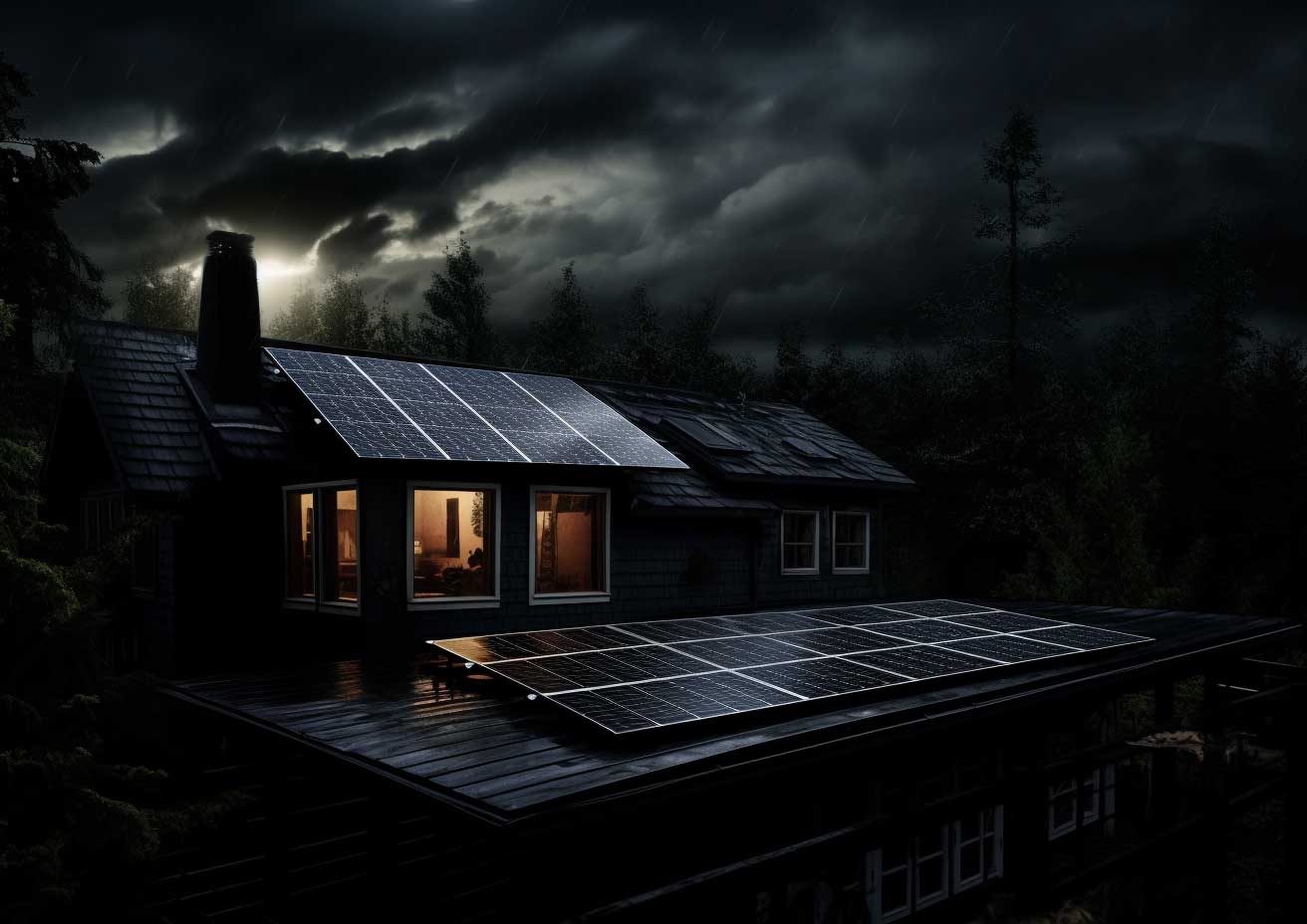Are Tesla Superchargers the ideal option for Level 3 charging?
With a remarkable global presence of more than 25,000 locations, Tesla proudly boasts the largest fast-charging network across the world. These extraordinary Superchargers are capable of replenishing a Tesla battery in just about 30 minutes, making them an incredibly convenient option for Tesla EV owners. However, it’s worth noting that these Superchargers are exclusively accessible in public settings such as shopping malls, retail businesses, and along roadways. While initially designed and tailored specifically for Tesla vehicles, the exciting news is that Tesla is planning to extend compatibility to other electric vehicles in the near future.
Are you in the market for a Level 3 EV charger? If so, you’re in luck. In this guide, we’ll provide you with all the information you need to make an informed purchase. We’ll cover everything from price to installation requirements so that you can make the best decision for your needs. Let’s get started!
Level 3 EV Charger – Why They’re Worth the Investment
If you’re in the market for an electric vehicle (EV) charger, you’ve probably come across the terms “Level 2” and “Level 3” But what do these terms mean, and which type of charger is right for you? We’ll be taking a closer look at Level 3 EV chargers – what they are, how they work, and why they might be worth the investment.
A Level 3 EV charger is the fastest type of charger available, able to recharge an EV at a rate of 3 to 20 miles of range per minute. Level 3 EV chargers are unique in that they use direct current (DC) instead of alternating current (AC). This means that level 3 chargers can charge an electric vehicle much faster than level 1 or level 2 chargers.
As a result, Level 3 EV charging is much faster and more efficient than other types of charging. Additionally, level 3 chargers are often compatible with a wider range of EV models than other types of chargers. If you’re looking for the fastest and most convenient way to charge your EV, then a level 3 charger is the way to go. Level 3 EV chargers are perfect for long road trips or anyone who needs to charge their EV quickly and efficiently.
What Is a Level 3 DC Fast Charger?
A Level 3 charger, also known as DC Fast Charger, is a high-powered charger that can charge an electric vehicle in a matter of minutes. Level 3 chargers typically have higher up-front costs than Level 2 chargers, but they can be well worth the investment if you’re looking to expand your EV fleet or do a lot of long-distance travel.
Level 3 charging is the fastest type of charging available for electric vehicles (EVs). Unlike Level 1 and Level 2 charging, which uses alternating current (AC), Level 3 charging uses direct current (DC), resulting in a much faster charge. The voltage is also much higher than Level 1 & 2 charging, which is why you don’t see level 3 chargers installed at home.
Very few residential locations have the high-voltage supply that is required for level 3 charging. However, there are an increasing number of public Level 3 chargers being installed, making it easier for EV owners to keep their cars charged and on the road. As the demand for EVs continues to grow, it’s likely that we’ll see even more Level 3 chargers popping up in the near future.
Why Choose a Level 3 Charger?
There are several reasons why you might want to choose a Level 3 charger over a Level 2 charger. First, as we mentioned earlier, Level 3 chargers can charge an electric vehicle much faster than a Level 2 charger – in some cases, up to 10 times faster. Second, if you have a business with multiple EVs, a Level 3 charger can help you quickly expand your fleet without having to worry about long charging times. Finally, if you do a lot of long-distance travel, a Level 3 charger can give you the peace of mind of knowing that you can quickly recharge your battery if needed.
If you’re considering purchasing an EV charger, it’s important to choose the right type of charger for your needs. If you’re looking for a fast, powerful charger that can charge an electric vehicle in minutes, then a Level 3 charger is right for you. While Level 3 chargers typically cost more than their counterparts, they can be well worth the investment.
How To Choose The Perfect Level 3 EV Charger
If you’re in the market for a Level 3 EV charger, there are a few things you’ll need to consider before making your purchase. We’ll go over what factors you should take into account when choosing a Level 3 charger for your business.
Power Output
The power output of a Level 3 charger is typically measured in kilowatts (kW). The higher the power output, the faster the charger will be able to charge your electric vehicle. When considering the power output of a potential charger, make sure to take into account the battery size of your electric vehicle. A charger with a higher power output will be able to charge your vehicle faster, but it may also be more expensive.
Voltage and Amperage
Most Level 3 chargers operate at 480 volts. The amperage rating of a charger is also important to consider, as this will determine how much current the charger can provide. A higher amperage rating will result in a faster charge time. When considering the voltage and amperage of a potential charger, make sure that it is compatible with your electric vehicle. Not all chargers are created equal, and some may not work with certain types of electric vehicles.
Connector Type
Level 3 chargers typically use either a J1772 connector or a CHAdeMO connector. If you’re not sure which type of connector you need, consult your electric vehicle’s owner’s manual or the manufacturer’s website. If you live in the United States, you’ll most likely need J1772. Once you’ve determined which type of connector you need, make sure that the potential charger you’re considering has the correct connector for your electric vehicle.
Choosing a Level 3 EV charger may seem like a daunting task, but it doesn’t have to be! By taking into consideration the power output, voltage and amperage, and connector type of the potential chargers, you’ll be able to narrow down your choices and find the perfect one for you and your electric vehicle.
The Different Installation Requirements and Costs for Level 3 Electric Vehicle Chargers
As the market for electric vehicles continues to grow, so too does the demand for Level 3 electric vehicle (EV) chargers. Level 3 EV chargers require dedicated circuits that can handle high levels of current. Consequently, installation must be carried out by a qualified electrician.
Electric vehicle charging infrastructure is an important but often overlooked part of the transition to electric vehicles. Level 3 chargers, also known as DC Fast Chargers, can charge an electric vehicle much faster than a Level 2 charger.
Tesla Superchargers are specially designed to work with Tesla electric vehicles, and can charge a Tesla car up to 80% in just 30 minutes. Other companies that make Level 3 chargers include ChargePoint, Blink, and EVgo.
While Level 2 chargers are more common and can be used with any electric vehicle, Level 3 chargers are much more powerful and can charge an electric vehicle much faster. For example, a Tesla Model S can be charged from 0 to 80% in just 30 minutes using a Tesla Supercharger, whereas a Level 2 charger would take a few hours to achieve the same result.
As the number of electric vehicles on the road continues to increase, it’s important to have a robust charging infrastructure in place to support them. Level 3 chargers are an essential part of this infrastructure, and we expect that their numbers will continue to grow in the years to come.
In terms of cost, Level 3 EV chargers are more expensive than their Level 2 counterparts. That said, prices have been dropping in recent years as technology has improved and manufacturing costs have decreased. You can expect to pay anywhere from $10,000 to $80,000 for a quality Level 3 EV charger, this includes installation and associated permitting costs.
Of course, the exact cost will depend on a number of factors, such as the specific charger you select and the prevailing electrical rates in your area. Nevertheless, even at the high end of the range, this is still a relatively small price to pay when you consider the long-term benefits of having the ability to fast charge your electric vehicles. Not only will you save money on fuel costs, but you’ll also be doing your part to reduce greenhouse gas emissions and help create a cleaner, healthier world for future generations.
If you’re thinking about purchasing a DC Level 3 fast charger, it’s important to be aware of the different installation requirements and costs associated with various types of chargers.
How To Choose The Right EV Charger Installer
For businesses that are looking to install electric vehicle (EV) chargers, there are a few things to consider before making a purchase. Here at WattLogic, we are experts in all things EV and can help you select the best EV charger for your unique needs. We will also see if you are eligible for federal incentives and utility rebates.
Level of Use – The first thing to consider is the level of use for the charger. If you have a large fleet of EVs, then you will need a higher capacity charger that can handle multiple vehicles at once. On the other hand, if you only have a few EVs, then a lower capacity charger will suffice.
Location – The next thing to consider is the location of the charger. If it will be installed indoors, then you’ll need to make sure it is properly ventilated. If it will be installed outdoors, then you’ll need to make sure it can withstand weather conditions like sun, rain, and snow.
Electrical Capacity – Another important consideration is the electrical capacity of the charger. This will determine how fast the charger can charge an EV. If you have a higher electrical capacity, then you can charge an EV faster. However, if you have a lower electrical capacity, then it will take longer to charge an EV.
Are you interested in installing an EV charger for your business? WattLogic can help! We are experts in all things EV and can help you select the best EV charger for your unique needs and budget. We will also see if your business is eligible for federal incentives and utility rebates that can offset the cost of installation and usage.
Schedule a free consultation today with one of our commercial EV specialists!




